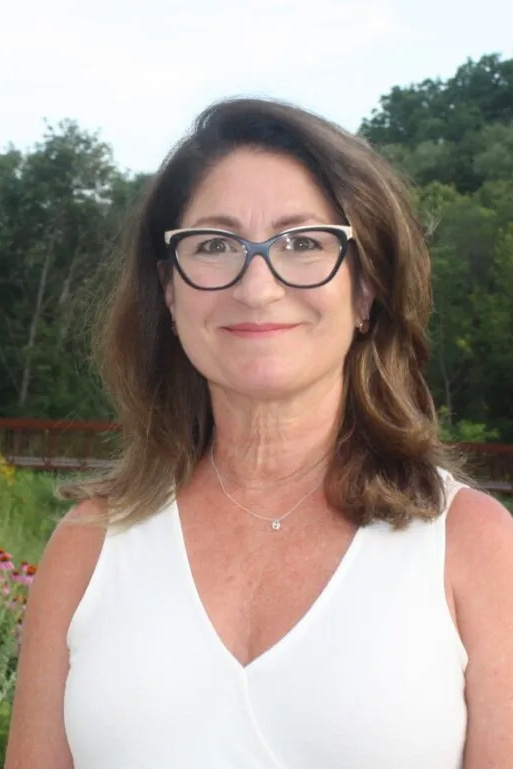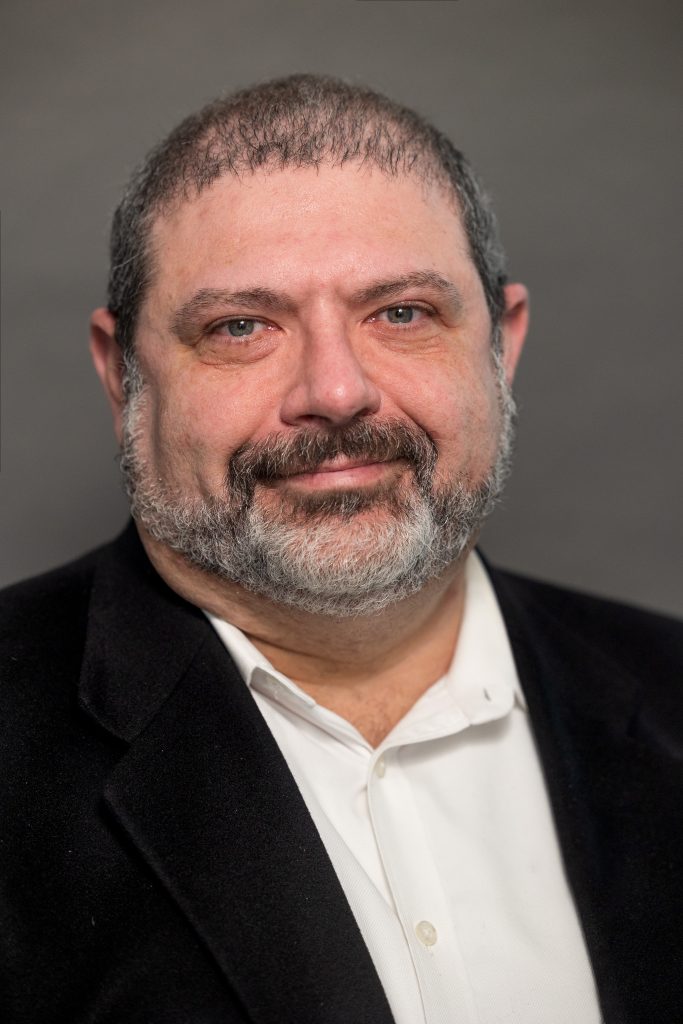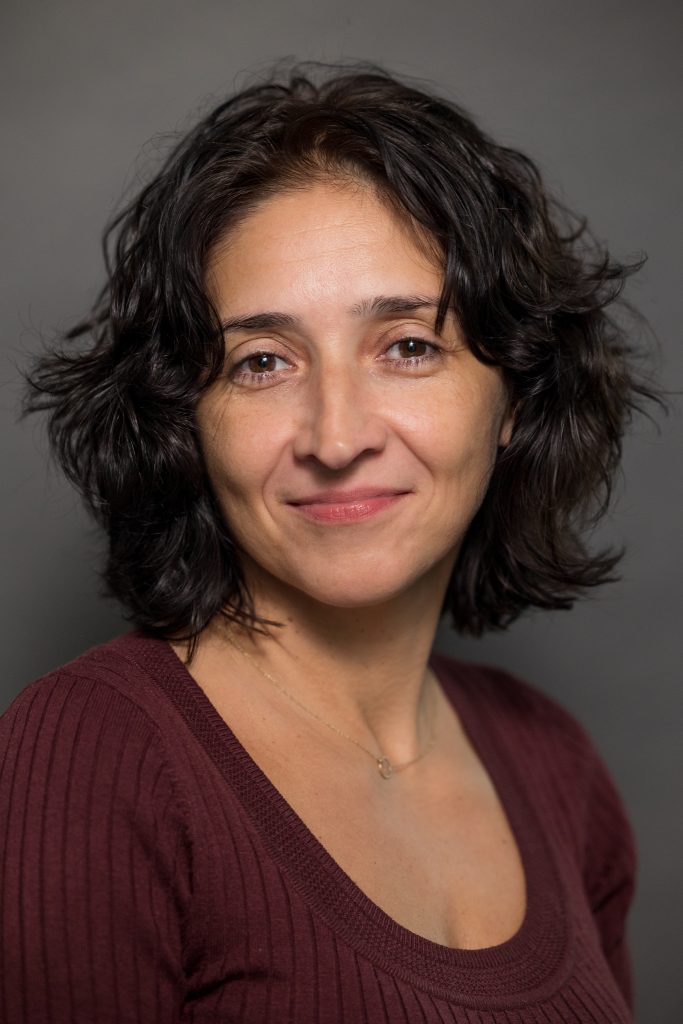About us
The Toronto Community Housing Corporation (TCH) provides affordable social housing to a community of residents. In these community housing buildings, residents face various challenges such as mental health, safety and security, addiction, and economic challenges. In partnership with the West Toronto Ontario Health Team (WTOHT) and TCH, we aim to implement a Wellness Hub to increase access to key resources, namely mental Health Resources.

Background
Toronto Community Housing Corporation (TCHC) is a non-profit group and stands as the largest social housing provider in Canada (About Us | Toronto Community Housing, 2023). The organization plays a pivotal role in addressing housing needs, by providing subsidized or rent-geared-to-income shelter to over 43,000 people across 106 of Toronto’s 158 neighborhoods (About Us | Toronto Community Housing, 2023). The 89,000 residents under TCHC’s care are a diverse tapestry, representing a wide spectrum of backgrounds encompassing age, education, language, mental and physical abilities, religion, ethnicity, and race (About Us | Toronto Community Housing, 2023).
The TCHC location of focus in this pilot project is 100 High Park Avenue in West Toronto. There are 619 residents residing in this building, 80% of which are older than 25 (Refer to Appendix A for additional demographic data). 100 High Park Avenue is a medical desert with inadequate access to primary healthcare services, substantially less for the population density compared to other locations across the city. Challenges include increased mental health issues, poverty, and other circumstances that render residents vulnerable. As a result, residents face a multitude of concerns, including personal drug abuse or overuse, feelings of unsafety within the community, and instances of intimidation and attacks directed towards elderly residents, among others. Accessible routine primary health care services such as psychosocial services, health promotion and disease prevention are crucial to the long-term well-being of tenants and the surrounding community.
The West Toronto Ontario Health Team (WTOHT), comprising 35 organizations in the West Toronto area, plays a vital role in coordinating care between hospitals, primary care, home and community care services, long-term care homes, congregate settings, and various other healthcare services (About Us | West Toronto Ontario Health Team, 2023). Their goal is to deliver an improved and seamless healthcare experience for those receiving care in West Toronto.
In a collaborative effort TCHC, WTOHT, and our capstone team seek to address the multifaceted challenges faced by 100 High Park Avenue residents. Our team will facilitate an ideation process to effectively engage key community stakeholders and co-create a wellness hub tailored to the unique needs of TCHC residents at 100 High Park Avenue. This endeavor will not only seek to provide immediate support but also ensure the sustainability of these interventions, making a positive, lasting impact on the communities we serve. By bringing together the resources and expertise of both organizations, we aim to create a model that fosters well-being and resilience among TCHC residents, ultimately enhancing their overall quality of life and community cohesion.
Problem Statement: Tenants experiencing mental health challenges in the TCH 100 High Park Avenue location, a known medical desert, have inadequate access to necessary mental health services, further exacerbating residents’ substance use and safety concerns.
Need Statement: The need is to increase the accesibility and long-term use of mental health care services through the community Wellness Hub for tenants residing in the TCH 100 High Park Avenue location.
Research Question: How might we develop and integrate accessible mental health services through the wellness hubs for all tenants at 100 High Park Avenue to improve the long-term follow-through of their care, overall health and safety?
Team members

Sumaya Bhatti
I pursued an undergraduate degree in B.Sc. Honours Life Sciences at McMaster University. I was interested in mental health support for seniors and volunteered at the Juravinski Cancer Centre and with the Multiple Sclerosis Society of Canada in their senior-friendly visitor programs.

Anabela Cotovio
See Anabela's full profile
Julia Kulczyski
Project Advisory Committee

Sandra Palmaro
Sandra has spent more than 25 years in leadership positions in the corporate, not for profit, and education sectors. After 14 years with Microsoft Canada, Sandra held leadership roles at SickKids Foundation, Canadian Breast Cancer Foundation and, most recently, at Wilfrid Laurier University.

Emily Tam
Emily is a registered Nutritionist/Dietitian who provides nutrition counselling using an approach founded on the principles of collaborating with clients to identify realistic goals and supporting them in implementing their individualized nutrition plans. She is especially passionate about supporting people to achieve recovery from disordered eating and eating disorders.

Anita Federici
Dr. Anita Federici is a Clinical Psychologist and the Owner of The Centre for Psychology and Emotion Regulation, a private Clinic specializing in the assessment and treatment of eating disorders, personality disorders, and trauma. Anita has an established reputation for her work as a therapist, clinical trainer, researcher, program director and consultant.
TRP Supervisors

Dr. Joseph Ferenbok
Driven to improve patient care, Prof. Ferenbok catapults projects forward with passion, wisdom, and a contagious chuckle. He is an Associate Director of the Health Innovation Hub, a Faculty of Medicine initiative intended to connect, align, serve, and facilitate the translation, innovation, and commercialization of 'Health Matters'.

Dr. Edyta Marcon
Edyta loves to encounter new questions, apply new knowledge, and meet new people. As a Senior Research Associate at the U of T Donnelly Centre, she currently studies how RNA modifications regulate gene expression and how they relate to human health and disease. Her interests extend beyond the laboratory into the application of scientific research using human centric design thinking.





